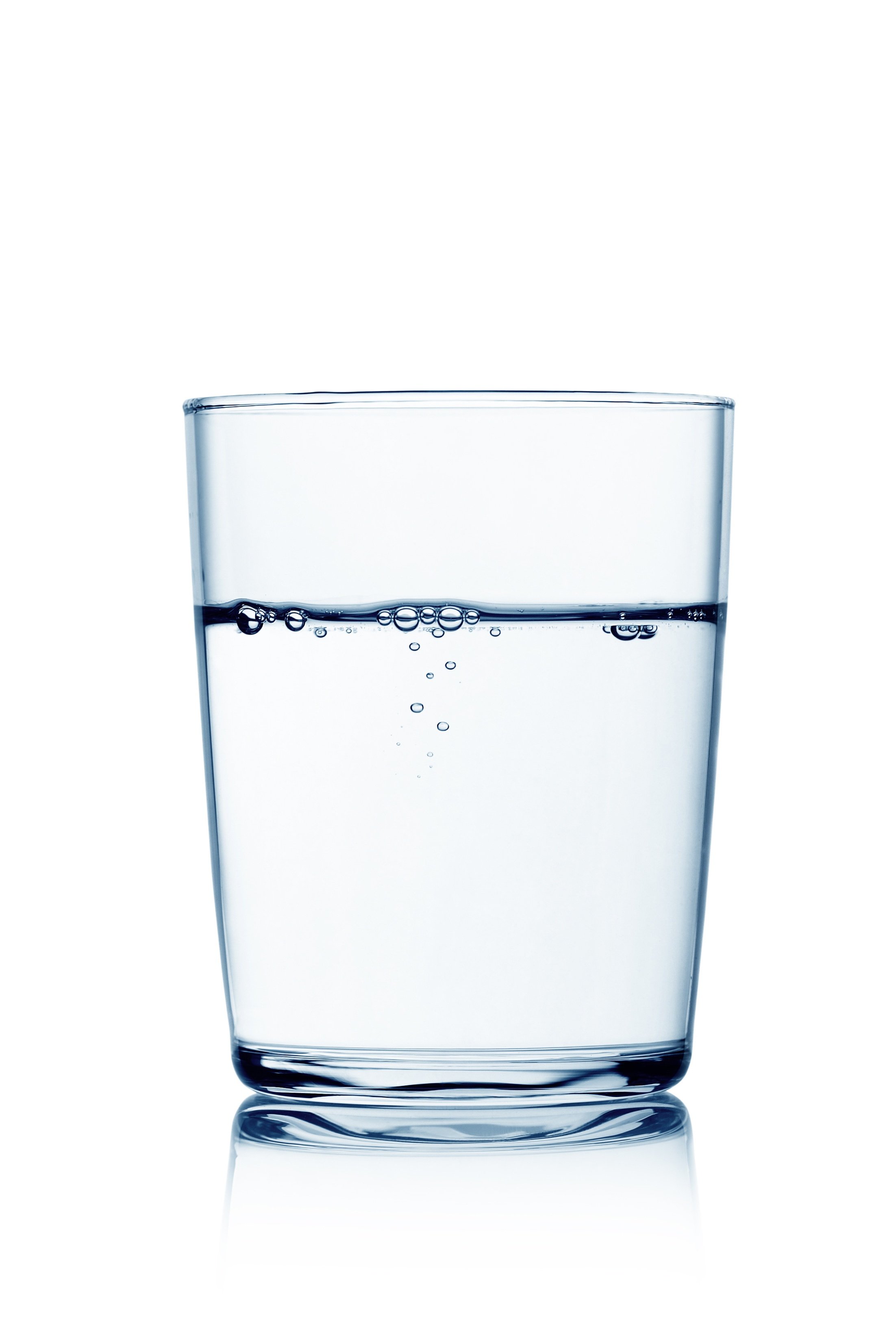By Kate Ranta on Mar 25, 2014 @ 12:13 PM
The medical term is xerostomia. However, most people refer to it by a much more common term: dry mouth. Simply put, dry mouth is when saliva production decreases. This makes it difficult to swallow and speak. Other symptoms include:
- Frequent thirst
- Dry feeling on the tongue and in the throat (often accompanied by cracks or sores on the tongue's surface)
- Cracks around the corners of the mouth
- Difficulty tasting foods
Doctors estimate that dry mouth affects approximately 10 percent of the population at some point in their lives. It more commonly affects women and the elderly.
If you’re experiencing chronic dry mouth—and it’s not a result of medications you're taking—consult a doctor. The symptoms often go beyond frustration or inconvenience. They can indicate a more serious medical problem such as diabetes, arthritis and hypertension.
If you’d like to relieve your dry mouth symptoms, here are several tried and true tips to help you relieve dry mouth:
1) Follow a low-sugar diet: Dry mouth means there is less saliva to keep the lips, gums and teeth properly lubricated. So, one of the biggest concerns is cavities and other oral complications. A good way to combat dental problems, especially during periods of unusually dry mouth, is to stick to a low-sugar diet.
2) Stay hydrated: Obviously one of the major causes for dry mouth is dehydration. Medical professionals suggest drinking a minimum of eight 8 oz. glasses of water daily. If your dry mouth does not have an underlying medical cause, increasing your water intake will result in a significant decrease in your symptoms.
3) Consider medication: If your symptoms are severe enough, consult a doctor to receive a prescription that will help increase the production of your salivary glands.
4) Chew gum: Chewing gum stimulates your glands to produce more saliva. Make sure you choose a sugar-free gum, however, to decrease your risk of cavities.
5) Invest in mouthwash: Prescription mouthwashes can help restore lost moisture. Talk with your doctor about what options are available to you.
6) Purchase a vaporizer: Using a warm-air vaporizer at night while you're sleeping adds moisture to the air and can help restore a comfortable moisture balance to your mouth.
Another symptom of dry mouth can be bad breath. Download our guide with tips for eliminating this unpleasant side effect!






comments